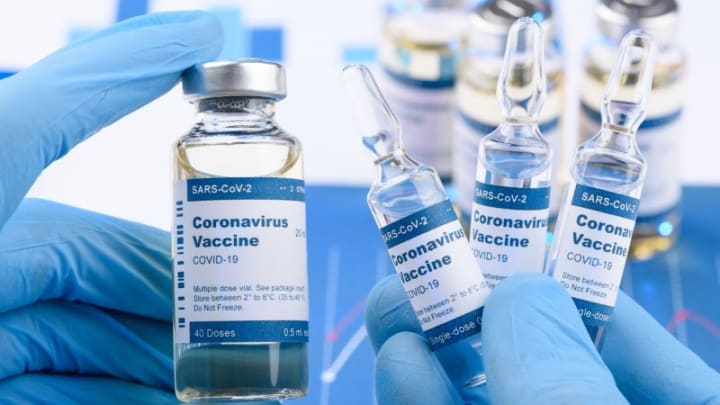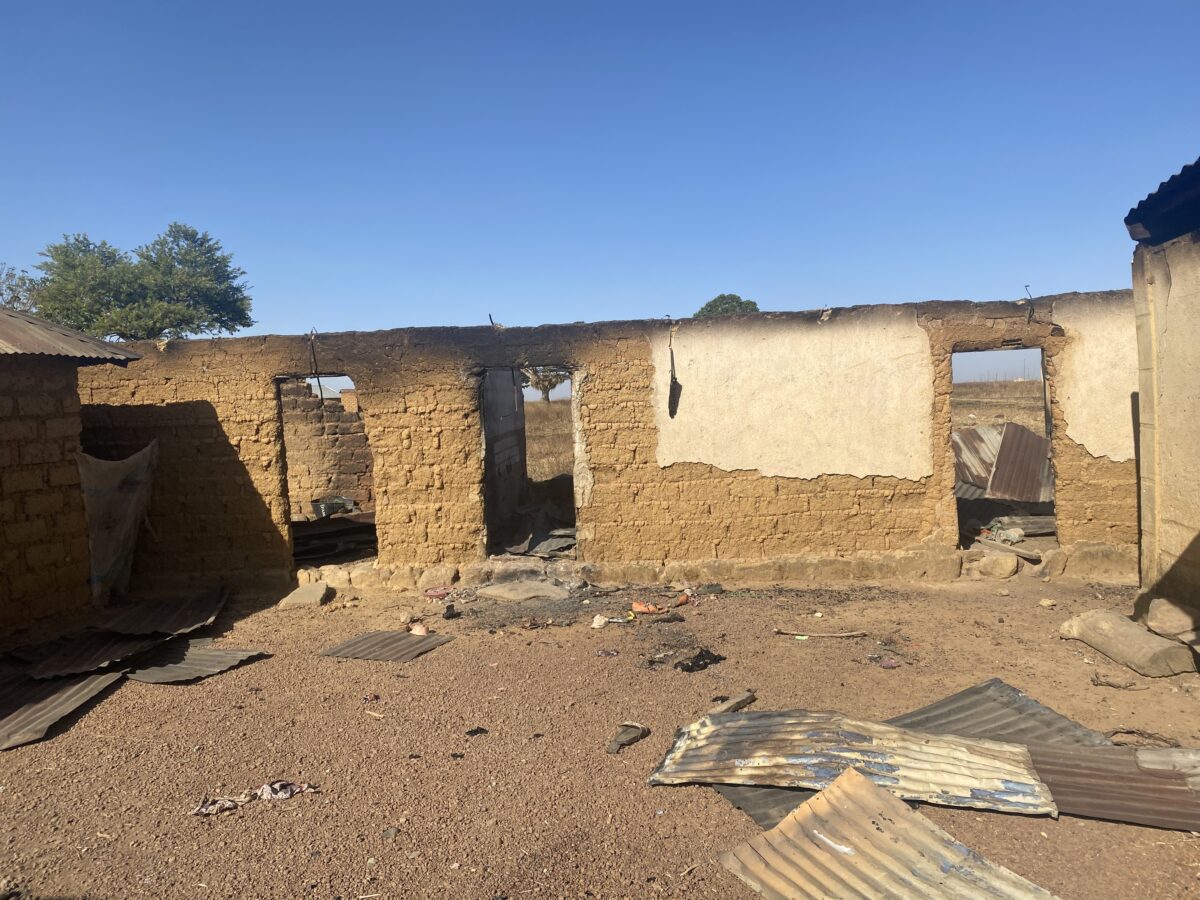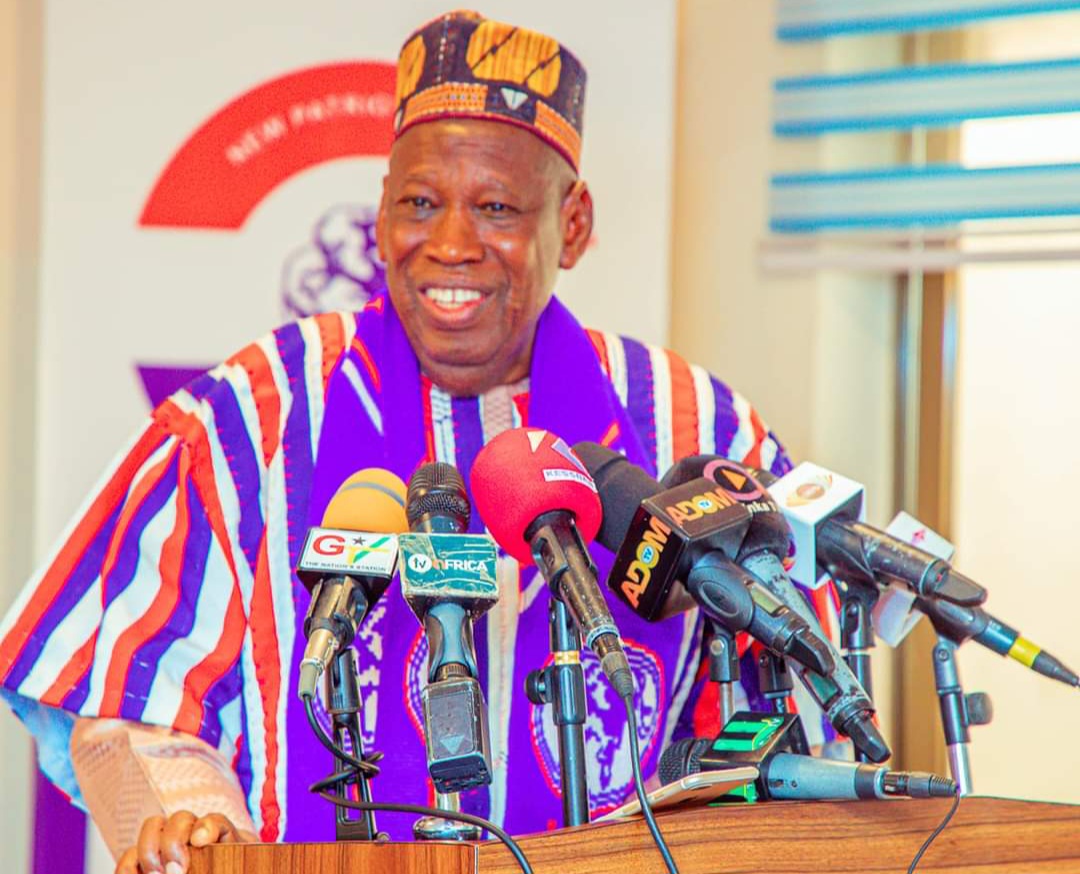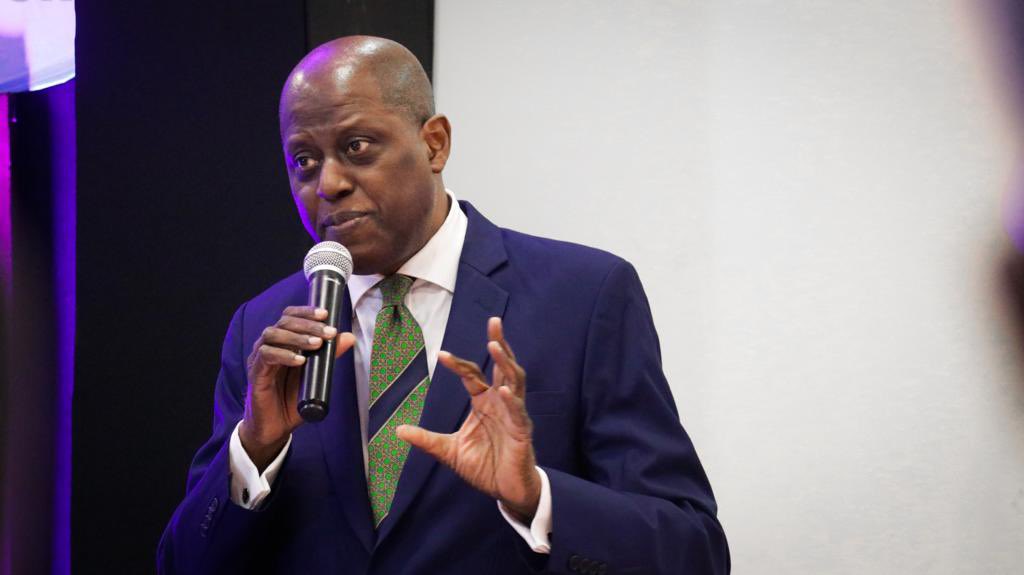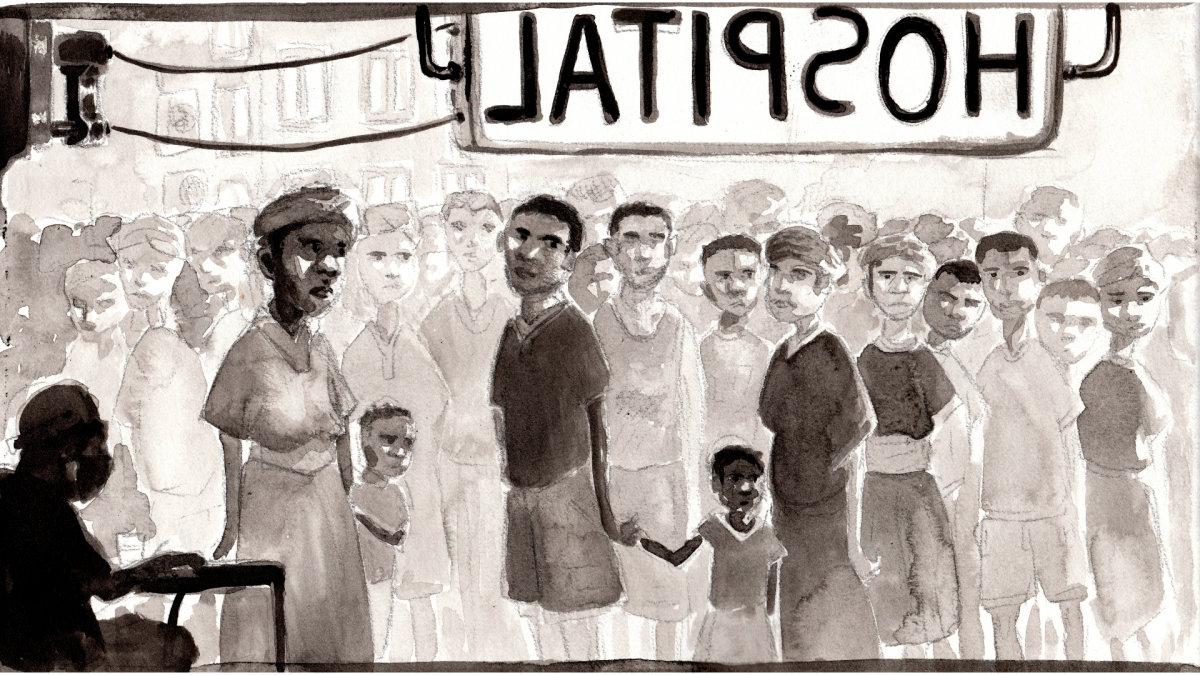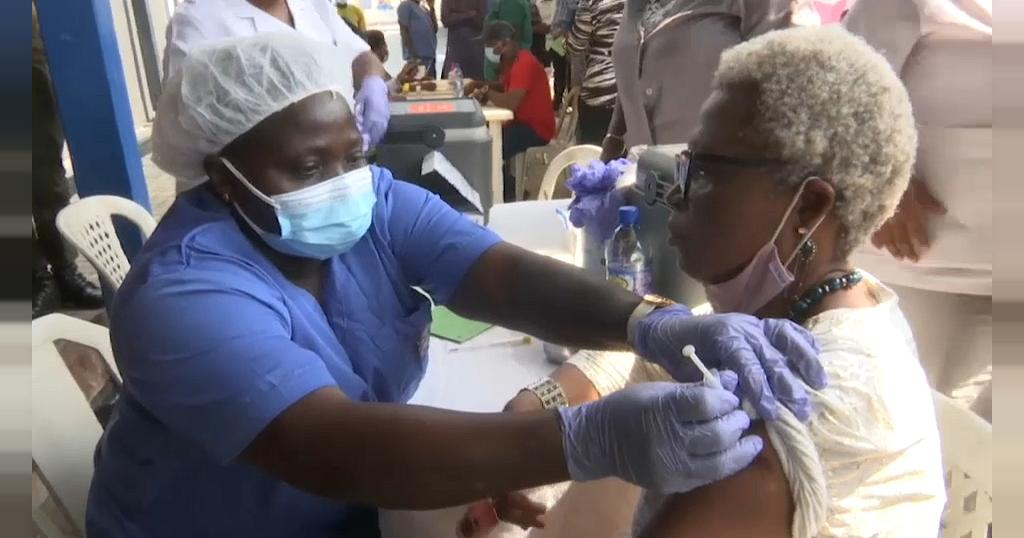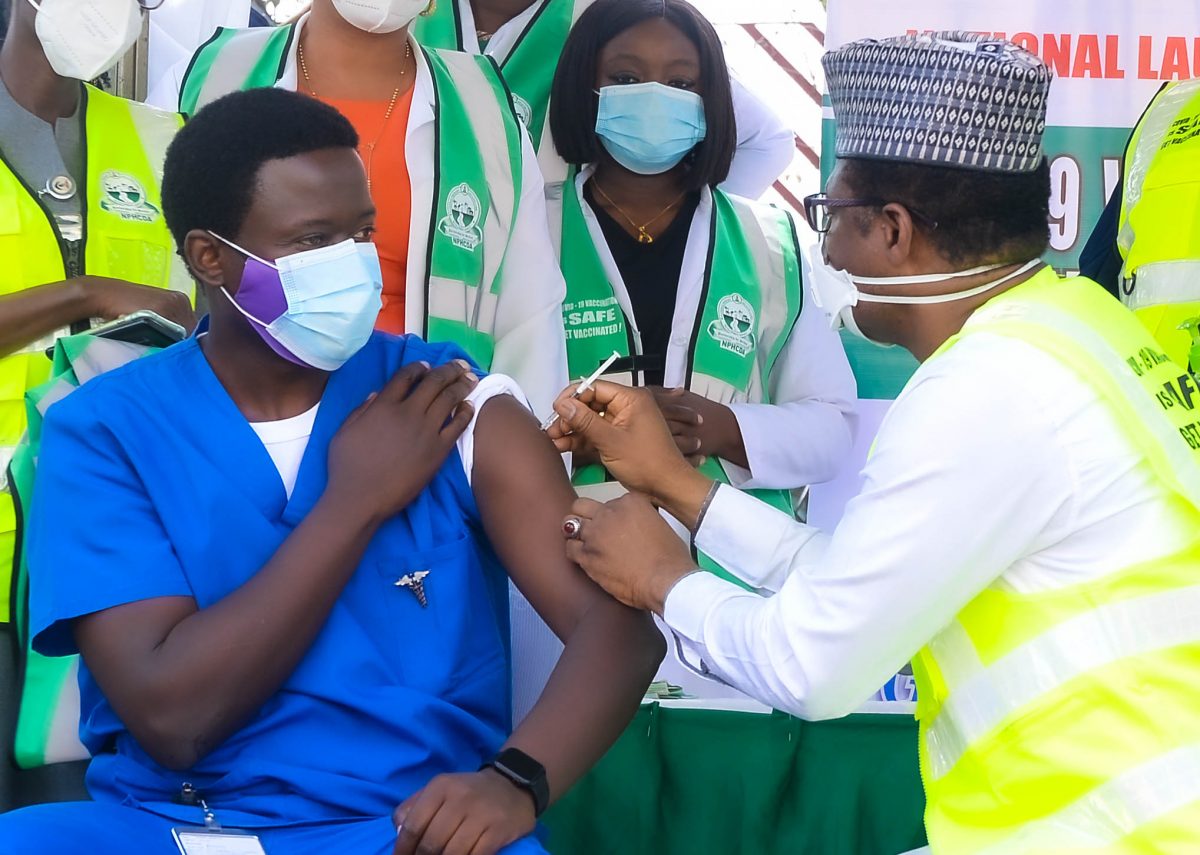Years of poor investment in health, science and education in Nigeria will result in the country depending on other countries for Covid-19 vaccine, if the debate at the World Trade Organisation (WTO) to waive global patent on the vaccine to boost global supply succeeds.
The move to temporarily remove intellectual property protection on vaccines was initiated by South Africa and India, who are leading a group of 60 countries at the WTO. This week, Ngozi Okonjo, Director-General of the WTO, told the BBC that the inequity in vaccine supply was not right. She urged member countries to negotiate a pragmatic agreement over vaccine production.
But there have been oppositions to this idea many believe would help developing countries to meet their Covid-19 vaccine needs. Big pharmaceutical companies, the European Union and the United States under Donald Trump, kicked against the idea.
With the Bill and Melinda Gates Foundation, which is behind most of the international response to the Covid-19 through its CEO Mark Suzman, backtracking from an earlier position to not support the waiver and presidents Joe Biden, Emmanuel Macron and Vladimir Putin all expressing support for the waiver, the matter is getting attention again.
Is Nigeria Capable of Producing Covid-19 Vaccine?
In January, the Nigerian government released N10 billion to support the local production of covid-19. That move may just be too little to make impact as science and technology and education have for years not received adequate support from the government.
“The only laboratory for human vaccine production is at Yaba, Lagos, but it has not been functional for many years now,” Wale Fatade, a professor of Virology, told The Conversation Africa in February.
“It will need a lot of money to revamp it and increase its production capacity. It will also need to be staffed with people who have the requisite expertise… such as recombinant DNA technology.”
While the National Veterinary Research Institute in Vom, Plateau State produces vaccines for the livestock industry, Fatade revealed that the last time any human vaccine was produced by Nigeria’s Federal Vaccine Production Laboratory was in 1991 and those attempts, including the most recent, three years ago by the former Minister of Health, did not yield desired result.
Nigeria’s efforts to produce vaccines for Hepatitis-B, Tetanus, Yellow Fever, Measles and HIV are at mere planning stage. The Tony Blair Institute for global Change stated that the N10 billion grant by the Nigerian government to boost local Covid-19 production was “an important step in the right direction, the lack of any human vaccine production in recent years will make the set-up more challenging in terms of access to manufacturing expertise”.
Countries such as Morocco, Egypt and South Africa with structures in place and a history of producing vaccines for humans and partnerships with producers of Covid-19 vaccines are positioned to be early beneficiaries of the waiver because their science and technology sectors received adequate and consistent support.
Nigeria’s negligent attitude towards innovation is glaring in the budgetary allocation to Ministry of Science and Technology. In the past eight years, the ministry got an average of 0.76 percent of the budget ranging from 0.6 percent in 2012 to 0.92 percent in 2017. In 2018, only 0.01 percent was allocated to the ministry for research and development. In 2019, it received N66.82 billion, down from N8.82 trillion it proposed. From a budget of N105 billion in 2020, N63 billion was for capital projects. In 2021, N50.73 billion was allocated to the ministry.
Like the outset of the pandemic when ailing infrastructure in health and education completely broke down, Nigeria will suffer for years of underfunding science and technology and failure to initiate and implement policies that would create enabling environment for innovations to materialize into commercialization stage.
Subscribe
Be the first to receive special investigative reports and features in your inbox.


